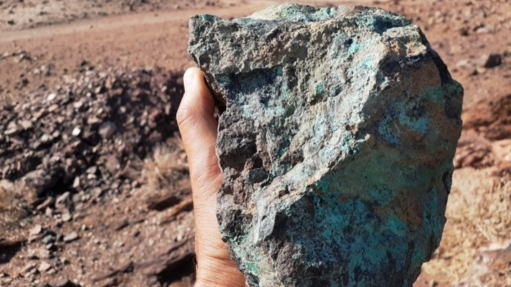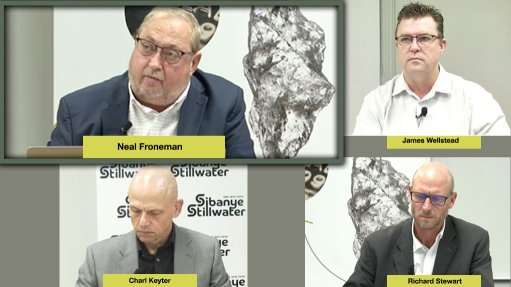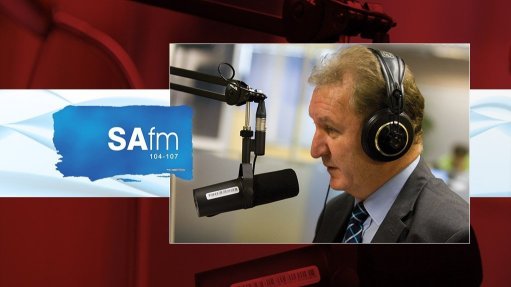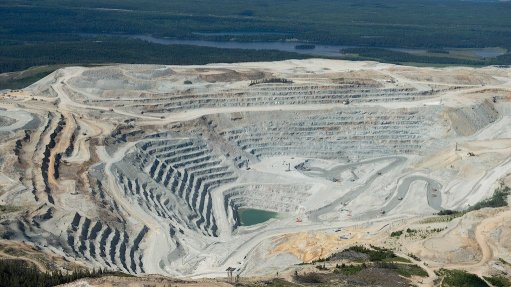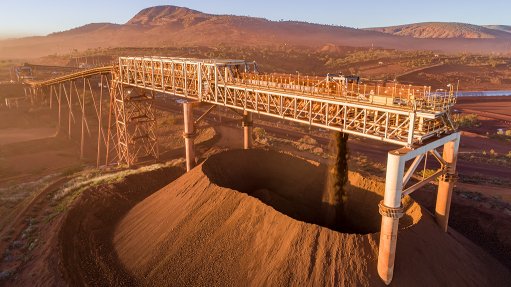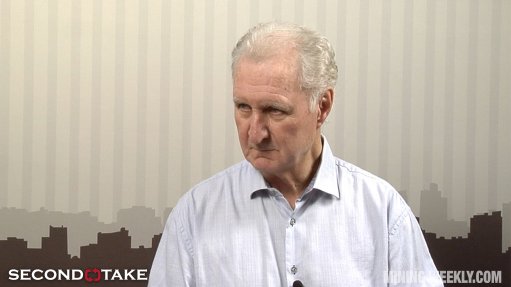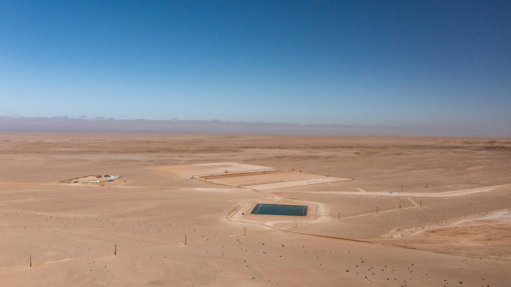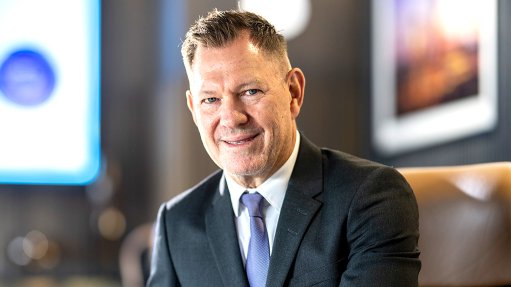Integrating the ‘S’ in ESG: “Socio-economic development is everybody's business”
Mining companies, along with other businesses, need to make the fundamental shift towards realising that corporate sustainability is dependent on the ecosystems in which they operate. So says Thabisile Phumo, Executive Vice President: Stakeholder Relations at Sibanye-Stillwater.
Phumo was part of a panel discussing the topic of “Successful integration of the S into ESG in the South African Context” at a hybrid webinar event hosted by Tshikululu Social Investments in Johannesburg last week.
“Our view is that we are not separate from the issues and the context of the environments in which we operate. If there is no South Africa, there’s no business. If there is no Zimbabwe, there’s no business … and because of this we want to share value with all our stakeholders. Once a company begins to appreciate that its success and the success of the communities in which it operates is intertwined, you have a vested interest in their development,” she said.
According to Phumo, although the “Environment, Social, Governance” elements of ESG are intertwined and that separating out the “S” is an academic exercise, the reality is that action on Environmental and Governance requirements have been propelled by the need to meet compliance standards, while Social has lagged because it hasn’t been enforced in the same manner.
However, she stressed that the three elements are all critical in ensuring that businesses’ impact on the communities they operate in are sustainable.
“It doesn't help to begin to look at social issues in isolation of the economic drivers. Because people don't eat social conversations. People need sustainable livelihoods for them to advance themselves,” said Phumo. “If we don't listen to the needs of the people, we end up imposing solutions that don't work. If it doesn't solve the context of the ecosystems in which they operate – even if it's global best practice – it will never be sustainable.”
When implementing on-the-ground social initiatives, the need for corporates to consider context, along with meaningfully involving and helping to improve the capacity of key community role players, was a predominant theme of the discussion.
“We need to consider an investment into the grassroots community ecosystems by way of strengthening the technical capabilities of community-based organisations so that they can also drive sustainable impact, as these organisations play a critical role in being responsive to community needs,” said Tshikululu Social Investments CEO Tracey Henry.
This was echoed by Dipalesa Mpye, Tshikululu’s Head of Social Impact: “Engaging stakeholders at a community level as part of processes of deciding on what to fund is critical. Part of that is enabling the capability and the capacity of, for example, community-based organisations on the ground to participate in those conversations. But there also needs to be the recognition that social investment requires a long-term mindset.”
The topic of measurement and monitoring was another prevalent theme, given its importance in ensuring that social interventions are understood, managed, and effectively reported on. Speaking at the event, Johannesburg Stock Exchange Sustainability Officer Thato Seritili pointed out that there was a growing demand from investors for information on non-financial variables to better understand and assess the ESG strategies of companies.
“Given the growing global drive for common ESG standards, we've seen that jurisdictions such as South Africa have started adopting these standards in the local context,” said Seritili.
“That’s why we launched the Sustainability and Disclosure Guidance in June 2022 to promote transparency and good governance by South African companies in a way that enhances best practice in environmental, social and governance disclosure. This guidance is based on a combination of global best practice and local relevance to simplify ESG disclosure for companies in the context of several frameworks, guidelines, standards, and ratings in the market.”
The increasing demand for trustworthy sustainability information to inform decision-making was one of the key drivers of the formation of The ESG Exchange, a global knowledge sharing network that aims to provide access to sustainability expertise.
“Although South Africa is far ahead of the rest of the world in terms of our social laws and regulations of companies, it remains a problem that we have these standards and they’re purely theory because we don't know how to implement them – so we decided bring together all of the role players that are involved in sustainability and sustainability reporting,” said Carolynn Chalmers, CEO of The ESG Exchange.
Increased sharing of information and data, as championed by organisations like The ESG Exchange, paves the way for corporates to amplify and deepen the impact of their social projects.
“Companies are working in silos, which then creates the space for duplication of efforts, but also missed opportunities to partner beyond compliance. Being open to partnerships is important,” said Tshikululu’s Mpye.
Comments
Press Office
Announcements
What's On
Subscribe to improve your user experience...
Option 1 (equivalent of R125 a month):
Receive a weekly copy of Creamer Media's Engineering News & Mining Weekly magazine
(print copy for those in South Africa and e-magazine for those outside of South Africa)
Receive daily email newsletters
Access to full search results
Access archive of magazine back copies
Access to Projects in Progress
Access to ONE Research Report of your choice in PDF format
Option 2 (equivalent of R375 a month):
All benefits from Option 1
PLUS
Access to Creamer Media's Research Channel Africa for ALL Research Reports, in PDF format, on various industrial and mining sectors
including Electricity; Water; Energy Transition; Hydrogen; Roads, Rail and Ports; Coal; Gold; Platinum; Battery Metals; etc.
Already a subscriber?
Forgotten your password?
Receive weekly copy of Creamer Media's Engineering News & Mining Weekly magazine (print copy for those in South Africa and e-magazine for those outside of South Africa)
➕
Recieve daily email newsletters
➕
Access to full search results
➕
Access archive of magazine back copies
➕
Access to Projects in Progress
➕
Access to ONE Research Report of your choice in PDF format
RESEARCH CHANNEL AFRICA
R4500 (equivalent of R375 a month)
SUBSCRIBEAll benefits from Option 1
➕
Access to Creamer Media's Research Channel Africa for ALL Research Reports on various industrial and mining sectors, in PDF format, including on:
Electricity
➕
Water
➕
Energy Transition
➕
Hydrogen
➕
Roads, Rail and Ports
➕
Coal
➕
Gold
➕
Platinum
➕
Battery Metals
➕
etc.
Receive all benefits from Option 1 or Option 2 delivered to numerous people at your company
➕
Multiple User names and Passwords for simultaneous log-ins
➕
Intranet integration access to all in your organisation







